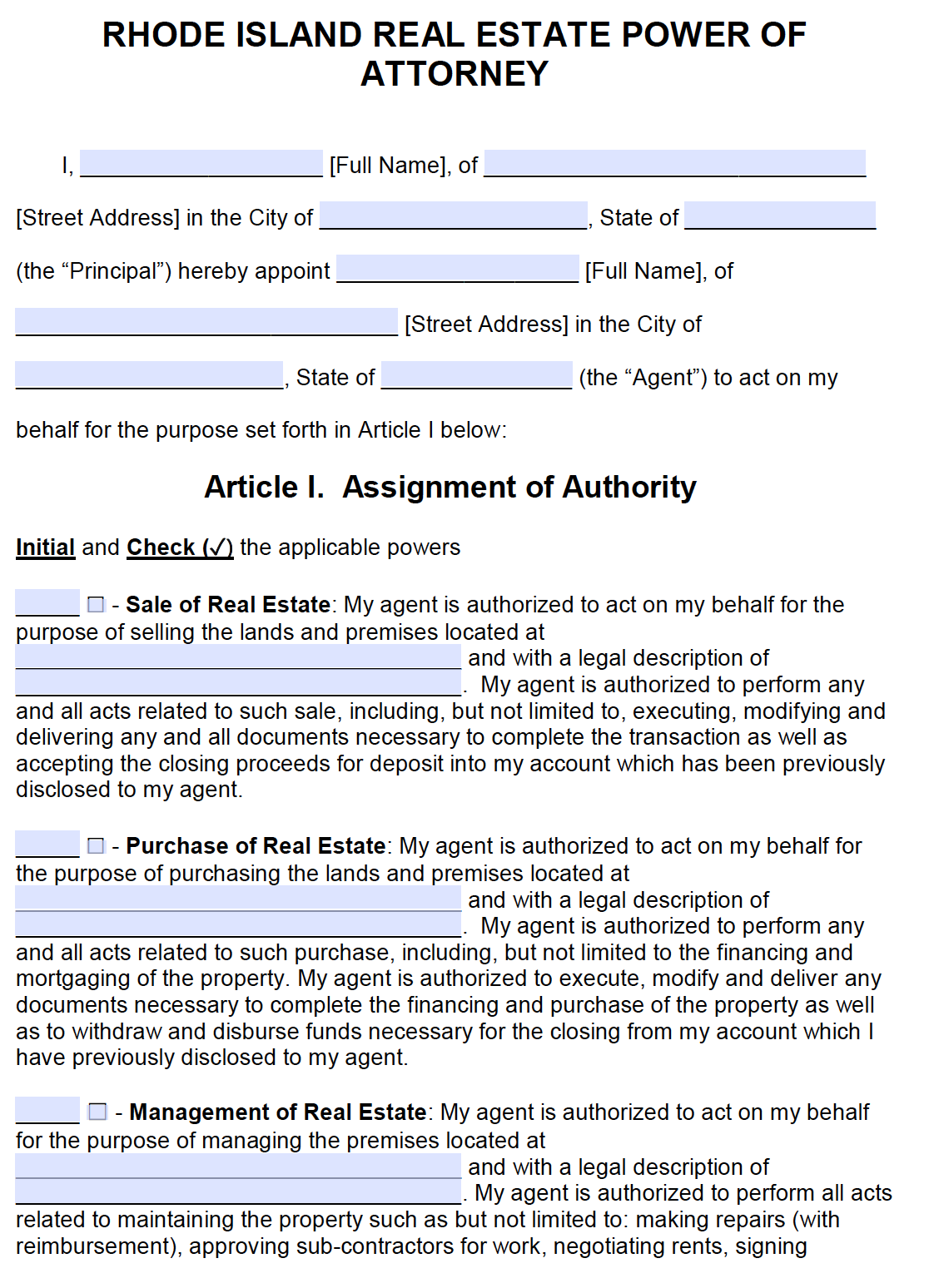School Closures in Rhode Island: A Guide to the Latest Updates and Essential Information
School Closures in Rhode Island: Real-Time Updates and Essential Information provides up-to-date information on school closures in the state of Rhode Island due to unforeseen circumstances such as inclement weather, power outages, or other emergencies.
Editor's Note: This guide was last updated on [insert date]. For the most current information, please visit the Rhode Island Department of Education website.
We understand that school closures can be disruptive to families and students alike. That's why we've put together this comprehensive guide to help you stay informed and make the best decisions for your family.
| Key Differences | Key Takeaways |
|---|---|
| Provides real-time updates on school closures | Helps families and students stay informed about school closures |
| Includes essential information for families, such as childcare and meal options | Provides support and resources for families during school closures |
| Is easy to use and navigate | Makes it easy for families to find the information they need |
In this guide, you will find:
- Real-time updates on school closures
- Essential information for families, such as childcare and meal options
- Resources for students and families
FAQ
This section provides answers to frequently asked questions (FAQs) regarding school closures in Rhode Island. This information is intended to address common concerns and provide essential details.

Rhode Island Fake ID | Buy Scannable Fake IDs | IDTop - Source idtop.is
Question 1: Why are schools closing in Rhode Island?
Schools are closing in Rhode Island to prevent the spread of COVID-19, a highly contagious virus that can cause severe respiratory illness. By limiting social interactions and keeping students out of crowded spaces, the goal is to protect the health and safety of students, staff, and the community.
Question 2: How long will schools be closed?
The duration of school closures is subject to change based on the evolving situation and guidance from health officials. School districts will make decisions regarding the length of closures based on the latest data and recommendations.
Question 3: What resources are available to students during school closures?
During school closures, students will continue to have access to educational materials and resources. Schools will provide online learning platforms, virtual classrooms, and support services to ensure that students can continue their learning from home.
Question 4: What about students who rely on school meals?
Schools will provide alternative arrangements to ensure that students who rely on school meals can continue to receive nutritious food during closures. Many schools have implemented grab-and-go meal services or partnerships with local organizations to distribute meals to families in need.
Question 5: How can parents support their children during school closures?
Parents can support their children during school closures by creating a structured learning environment at home, encouraging regular participation in online classes and assignments, and providing emotional support. It is also important for parents to stay informed and follow guidance from school districts and health officials.
Question 6: Where can I find the latest information on school closures in Rhode Island?
For the latest information on school closures in Rhode Island, please visit the Rhode Island Department of Education website or your local school district website. These sources will provide up-to-date information on closures, resources, and guidance.
The situation regarding school closures is fluid and evolving. It is crucial to stay informed and follow the recommendations of health officials and school districts. By working together, we can ensure the safety and well-being of our students and communities during this challenging time.
Moving forward...
This FAQ section provides essential information and addresses common concerns regarding school closures in Rhode Island. As the situation continues to develop, school districts and health officials will continue to provide updates and guidance. It is important to stay informed and adhere to the recommendations to protect the health and well-being of all.
Tips
Here are some valuable tips for navigating school closures in Rhode Island:
Tip 1: Check the latest updates and information. Visit School Closures In Rhode Island: Real-Time Updates And Essential Information for the most up-to-date information on school closures and other essential resources.
Tip 2: Plan for alternative learning arrangements. Explore online learning platforms, homeschooling options, and community centers offering educational support during school closures.
Tip 3: Stay connected with your child's teacher. Communicate regularly through email, phone calls, or video conferencing to stay informed about assignments and ensure your child's progress.
Tip 4: Establish a structured daily routine. Create a schedule that includes dedicated time for learning, breaks, physical activity, and social interactions to maintain a sense of normalcy.
Tip 5: Ensure your child's well-being. Monitor your child's emotional state and provide support and reassurance during this uncertain time.
Tip 6: Seek support if needed. Reach out to community resources, mental health professionals, or online support groups if you or your child experience challenges coping with school closures.
By following these tips, you can help mitigate the impact of school closures on your child's education and well-being.
School Closures In Rhode Island: Real-Time Updates And Essential Information
In the face of disruptions caused by school closures in Rhode Island, it is paramount to stay informed and have access to relevant information. This compilation presents key aspects that aim to provide real-time updates and guide individuals through this evolving situation.
- Closures and Delays: Real-time information on school closures and delays due to inclement weather, emergencies, or other factors.
- Remote Learning Options: Details on virtual learning platforms, access to online resources, and support for remote instruction during school closures.
- Essential Services: Information on food distribution programs, childcare availability, and other essential services for students and families during closures.
- Communication and Updates: A dedicated channel for timely updates, announcements, and official communications related to school closures.
- Health and Safety Guidelines: Guidance on health and safety protocols, including COVID-19 updates, school reopening plans, and vaccination information.
- Community Resources: A directory of community organizations, support groups, and mental health resources available to students, families, and school staff during closures.

Rhode Island Road Report: Schedule of lane closures and road - Source whatsupnewp.com
These key aspects provide a comprehensive framework for navigating the challenges posed by school closures in Rhode Island. By staying informed through official channels and accessing these essential resources, individuals can minimize disruptions to education, ensure well-being, and stay connected during this time. Regular monitoring of updates and adherence to established guidelines will contribute to a smoother transition and a more effective response to evolving circumstances.

Rhode Island School of Design (RISD) (Providence, Rhode Island, USA) - Source smapse.com
School Closures In Rhode Island: Real-Time Updates And Essential Information
Rhode Island school closures are a topic of major importance for parents, students, and educators alike. When schools are closed, it can disrupt daily routines, childcare arrangements, and educational progress. Therefore, having access to real-time updates and essential information about school closures is crucial for informed decision-making and effective response.

Free Real Estate Power of Attorney Form | Rhode Island - Source powerofattorney.com
School closures can be caused by a variety of factors, including inclement weather, power outages, public health emergencies, or maintenance issues. Real-time updates provide timely information about the status of school closures, allowing individuals to adjust their plans accordingly. For instance, during snowstorms, up-to-date information on school closures enables parents to make arrangements for childcare or remote learning.
Essential information, such as the reasons for the closure, the expected duration, and any alternative arrangements, is equally important. This information helps individuals understand the situation and plan effectively. For example, during a power outage, knowing the estimated restoration time allows families to make necessary preparations for extended school closures.
Understanding the connection between school closures and real-time updates and essential information is crucial for navigating these situations effectively. By staying informed and adapting to the changing circumstances, parents, students, and educators can minimize disruptions and ensure the continuity of education.
Table: Practical Significance of School Closure Information
| Stakeholder | Practical Significance |
|---|---|
| Parents | Make childcare arrangements, adjust work schedules, support remote learning |
| Students | Prepare for canceled classes, access alternative learning resources |
| Educators | Adjust lesson plans, communicate with students and parents |
| Community | Stay informed about potential impacts, offer support to affected families |
Conclusion
Real-time updates and essential information about school closures are indispensable for managing the complexities and disruptions caused by these events. By providing timely and accurate information, decision-makers can respond effectively, minimize inconveniences, and prioritize the safety and educational well-being of students. Embracing the practical significance of this understanding ensures the continuity of education and the resilience of communities during school closures.
Furthermore, recognizing the importance of collaboration and community support is vital. Schools, parents, and community organizations can work together to create contingency plans and provide resources to families affected by school closures. By fostering a shared understanding and responsibility, we can navigate these challenges and mitigate their impact on our students and communities.